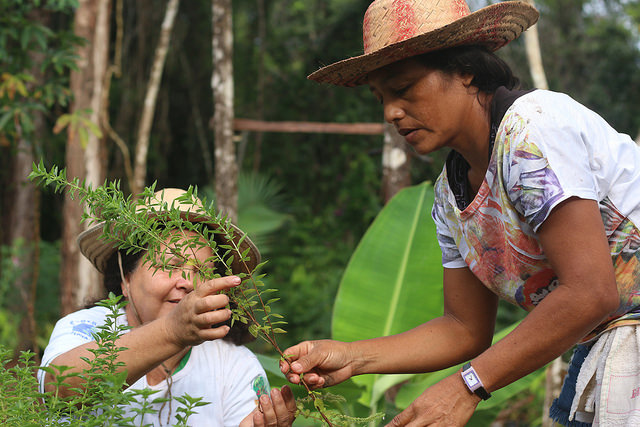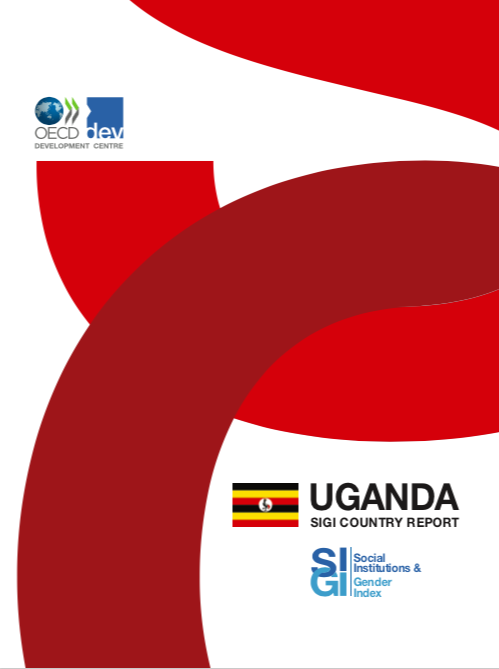Land rights in Africa: protecting the interests of vulnerable groups
Land policies in Africa have often overlooked the interests of certain social groups. In some areas, traditional access and ownership rights for women, migrants and pastoralists have been ignored or reduced. The rise of HIV/AIDS in the region has created new social groups who are vulnerable to discrimination by land policies. As new policies are formed in the region, it is important to consider why these groups have been excluded. This will help to ensure that future policies represent these groups more fairly.





